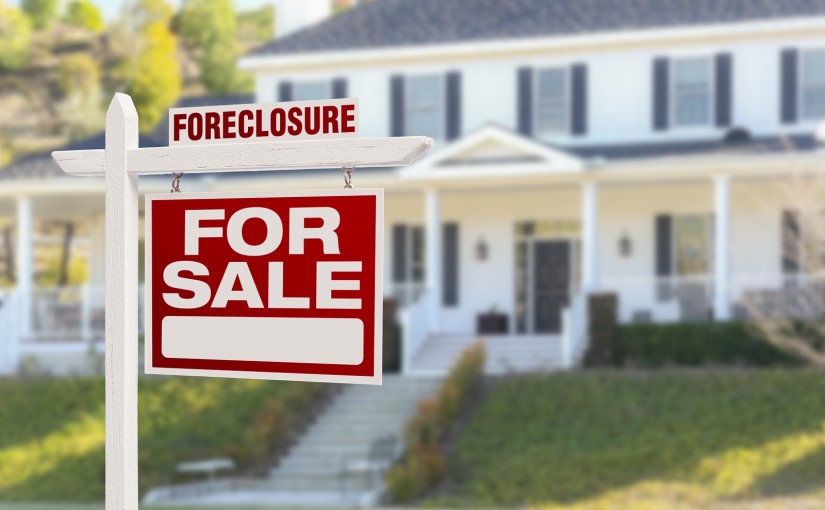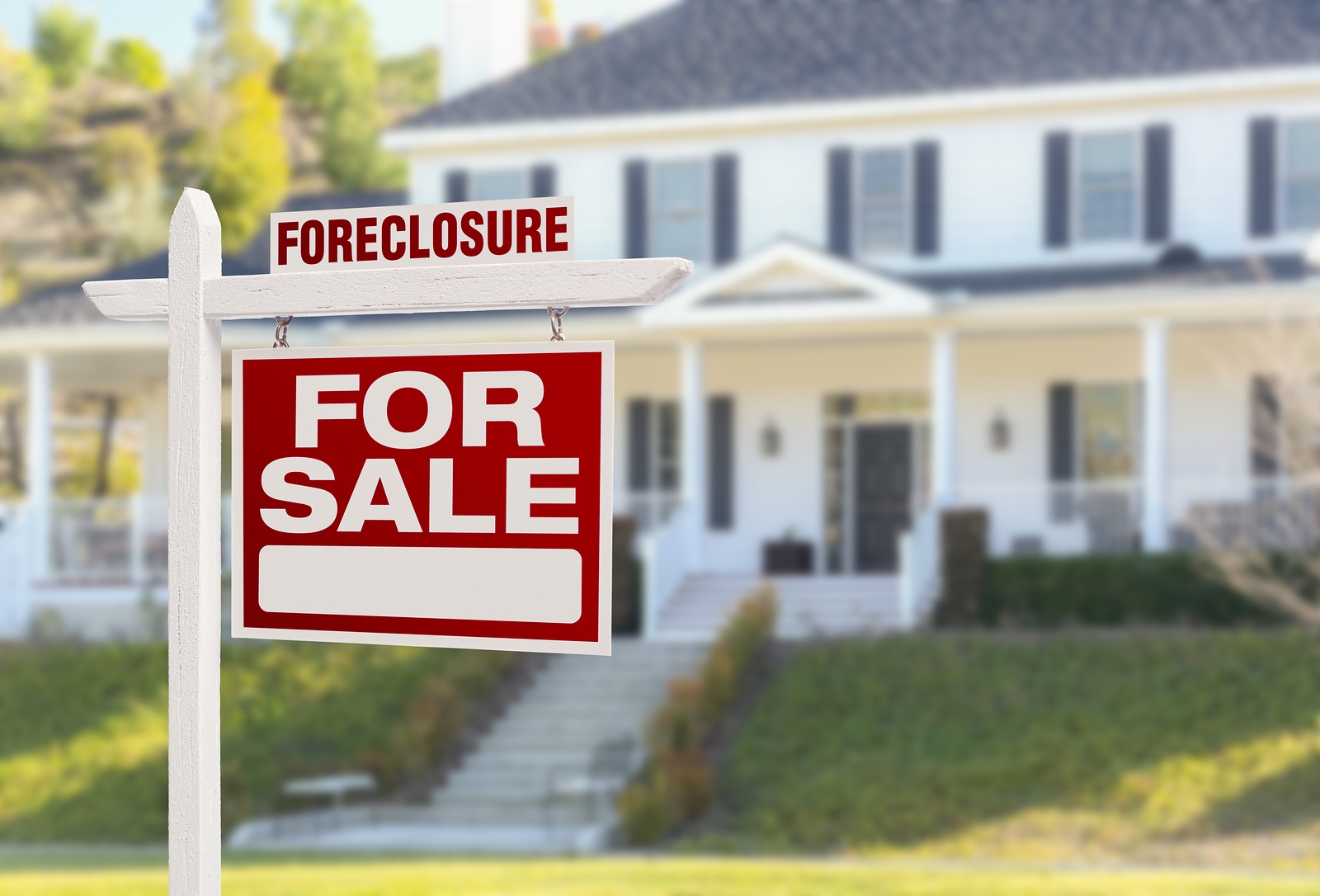
Making a real estate investment is always a great choice, however, people are usually faced with so many questions that they might be potentially deterred from making such an investment. So let’s discuss several factors that you should consider before making such a major decision.
The Market You’re Buying In
Carefully analyzing the neighborhood your potential property is located in is pivotal. What does the future hold for this city or region and how will it affect your property’s price/value should you decide to sell it? It is also important to keep a close eye on developing area’s nearby, trendy upcoming neighborhoods can significantly affect a potential buyers interest in your property.
Return On Investment
It’s only wise to invest in a property that will give you a high return on your investment. Do not avoid properties simply because they are need of some renovations, as the flaws will help you buy cheap and sell high after renovating. In fact most seasoned real estate experts will suggest that you had better buy a structure that needs renovations to help maximize potential profits.
Your Budget
Real estate comes in various shapes and sizes which can easily translate into different prices. As a buyer this can result in serious temptation to spend beyond your means but that shouldn’t be the case if you’ve prepared a budget. By consciously planning the money you can afford to spend on property you will be able to make a successful investment and avoid future losses. As you plan the budget remember that most expensive does not always equal to the best quality. In light of this, you should prepare your budget around other factors that would make the property appealing to you.
What Type Of Loans Do You Need?
As you prepare the budget, you may discover that your funds are not sufficient to cater to the investment. This calls for loans that enable you buy the property you’re attracted to. Before approaching the bank however, pause to consider which type of loan is ideal for you. There is the option of zero down payment, adjustable floating rate, and fixed rate mortgages, among others. Make sure to look around for the best deal to avoid paying unnecessarily high interest rates, premiums or processing fees.
Established Or Under Construction
As a new investor there is always the choice of buying a property that seasoned or established as well as one that is still being built. The latter provides options to customize, attractive pricing as well as clear titles. The downsides to such an investment is that you might experience delays in possession or minimal knowledge of the area. Established buildings may also be quite expensive but you’ll often find comfort in the neighborhood their located in. Remember, you will still need to look a little deeper into ownership and legal affairs.
Real estate agents
Finally, you should consider the assistance of a real estate agent to help guide you through this process. This is the best decision that you can make if you want to make the best possible investment. Agents understand the property market, are familiar with various neighborhoods and have close connections with financial institutions that you might need for lines of credit. The biggest advantage of having a real estate agent in your corner is that they understand all the legal jargon involved in the delicate investment property process as well. This will only help you make the ideal choice without the risk of buying a property that’s entangled in legal tussles.
Real estate is a great way to invest and protect your wealth but that is only possible if you make careful considerations before appending your signature to the sales document. This keeps you safe from unscrupulous dealers while ensuring that you get the highest returns in the long term. It might take some time to analyze all the factors involved in a successful purchase but that is a small price to pay if you want to land the best piece of real estate available. You must get a clear understanding of the landscape to gain more confidence in the property you want to buy and hope to sell in future.


















